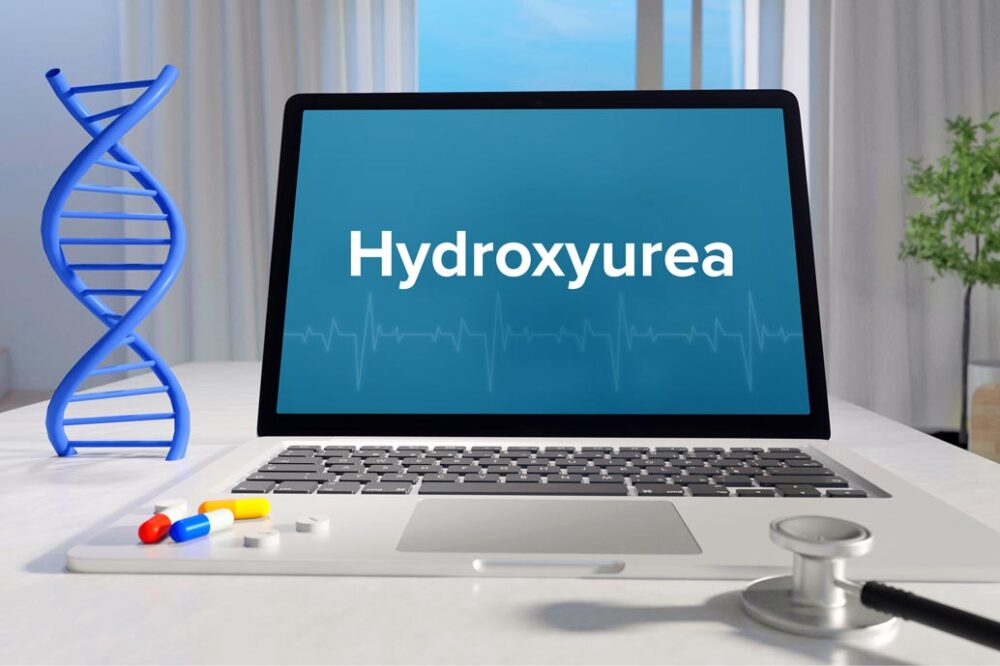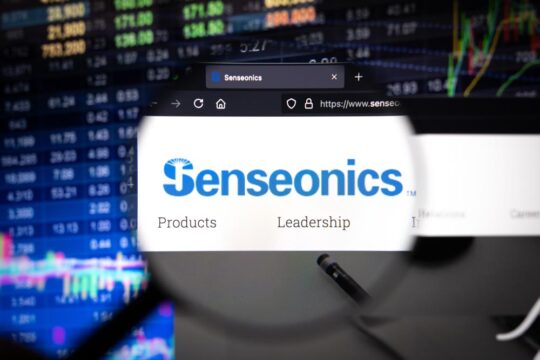Advertisment
Hydroxyurea is effective long-term in pediatric sickle cell disease

Hydroxyurea therapy, a standard treatment for children with sickle cell disease (SCD), remains effective over the long term for reducing emergency department visits and hospital days among pediatric patients.
The findings were published in Blood Advances on April 17, 2025.
“This is one of the first large, real-world, long-term studies to assess the efficacy of hydroxyurea outside of a controlled setting,” said author Paul George, MD, a pediatric hematology/oncology fellow and PhD candidate at Emory University School of Medicine and Aflac Cancer and Blood Disorders Center at Children’s Healthcare of Atlanta. “Our results reinforce that hydroxyurea, the most efficacious medicine available for SCD, continues to have really important benefits over time for pediatric patients.”
As background, the authors noted that, SCD affects one out of every 365 Black or African American births and one out of every 16,300 Hispanic American births. The disorder causes the development of abnormally shaped blood cells that can become stuck in veins, block blood flow and cause organ damage, infection, and severe pain.
Oral hydroxyurea reduces the frequency and severity of SCD-related pain, reduces the need for blood transfusions, improves anemia and reduces the risk of acute chest syndrome, when abnormally shaped blood cells block vessels in the lungs.
The (USA) National Institute of Health/ National Heart, Lung, and Blood Institute recommends that hydroxyurea be offered as a therapy to every patient with the more severe variant of SCD, HbSS/HbSβ0, beginning between nine to twelve months of age.
The investigators gathered and evaluated data on 2,147 children under the age of 18. All subjects had the HbSS/HbSβ0 variant of SCD and had more than three clinical encounters between 2010 and 2021. None had received a bone marrow transplant, gene therapy, chronic transfusion therapy, or treatment with disease-modifying medications other than hydroxyurea.
Of the 2,147 subjects, 1,240 (58%) were treated with hydroxyurea for an average of 5.1 years, with 304 children aged eight or older on continuous hydroxyurea therapy.
The researchers reported that, overall, children using hydroxyurea visited the emergency department less (0.36 fewer visits per patient-year) and spent fewer days in the hospital (0.84 fewer days per patient-year) over prolonged treatment compared to children not treated with hydroxyurea.
The results remained consistent even when the researchers accounted for disease severity and included in a sub-analysis subjects who began hydroxyurea at age one, before severe symptoms usually appear. The same was true of a sub-analysis limiting the subject sample to those with laboratory markers confirming consistent hydroxyurea intake.
The authors concluded, “This study demonstrates that hydroxyurea has sustained clinical benefits in reducing ED visits and hospital days across years of use in children with SCA. These findings provide perspective for clinicians and families regarding the long-term efficacy of hydroxyurea in pediatric SCA management and underscore the importance of ongoing adherence counseling to optimize clinical benefit.





